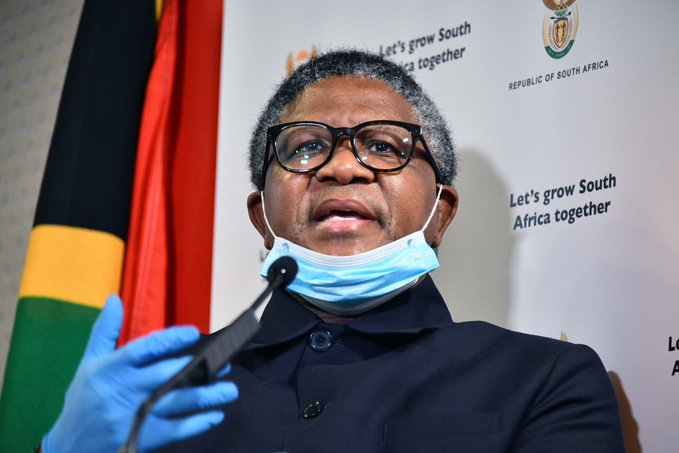
Guide to Travel To and From South Africa During Covid Times
A polymerase chain reaction (PCR) test certificate not older than 72 hours and travel insurance are just some of the requirements for travellers to South Africa upon arrival on the country’s shores. On Friday, Transport Minister Fikile Mbalula provided details on the requirements for travellers following the reopening of borders to international travellers with effect […]

A polymerase chain reaction (PCR) test certificate not older than 72 hours and travel insurance are just some of the requirements for travellers to South Africa upon arrival on the country’s shores.
On Friday, Transport Minister Fikile Mbalula provided details on the requirements for travellers following the reopening of borders to international travellers with effect from 01 October 2020.
Guided by the communique published by the World Health Organisation, South Africa is gradually reopening its international borders for business, leisure and other travel with exception of high risk countries.
Guidelines to travelling to South Africa
- Travellers intending to visit South Africa will be expected to produce a PCR (polymerase chain reaction) test that is not older than 72 hours from the time of departure from the country of origin to SA.
- In addition to the PCR test, international travellers are required to have a mandatory travel insurance to cover their COVID-19 test on landing, and possible quarantine costs.
- Passengers who are unable to produce a PCR test will be subjected to a compulsory quarantine at a designated government facility, at their own cost.
Travelling to SA if you are a South African citizen
- South African citizens with a valid SA passport will now be able to enter South Africa without their SA citizenship and residence status being pre-verified by missions/DIRCO with the DHA/ Natjoints.
- South African Missions/Embassies will no longer be required to issue Letters of Passage (laissez-passer letters) to people travelling to SA and airlines should also no longer require such letters upon boarding.
- You still need to be in possession of a negative COVID-19 Test with results not older than 72 hours before departure; and you will still go through screening in SA.
SIGN THE PETITION FOR A PASSPORT EMERGENCY EXTENSION FOR SOUTH AFRICANS ABROAD.
While in Transit…
While in transit, passengers will be required to:
- wear facemasks at all times except in the case of an emergency or when instructed by the cabin crew to take them off. Children under the age of two years are exempt from wearing face masks during the flight (because their airways are smaller and masks can restrict their breathing).
- Passengers are also required to observe social distancing, ensure hand washing and sanitise regularly.
- Passengers who are unable to wear a face mask due to an underlying health condition must submit a medical certificate from a registered medical practitioner to their airline upon departure.
- If a passenger is asymptomatic, the necessary protocols of the Health department will be followed.
Exemptions for business travellers from high risk countries
International travel from countries listed as having a high COVID-19 infection and transmission rate is prohibited except for business travel, which may be allowed with the approval of the Cabinet member responsible for Home Affairs. See full details and guidelines on travelling to South Africa on business here.
Guidelines to travelling from South Africa to other countries
With regard to travellers from South Africa to other countries, passengers must:
- provide their airlines with a PCR test certificate or a valid negative COVID-19 test.
Airlines are responsible for ensuring that passengers comply with the COVID-19 regulations of the country of destination.
Which international airports can you fly to and from in SA?
OR Tambo International, Cape Town International and King Shaka International.
SIGN THE PETITION FOR A PASSPORT EMERGENCY EXTENSION FOR SOUTH AFRICANS ABROAD.
Sources include SANews.gov.za
